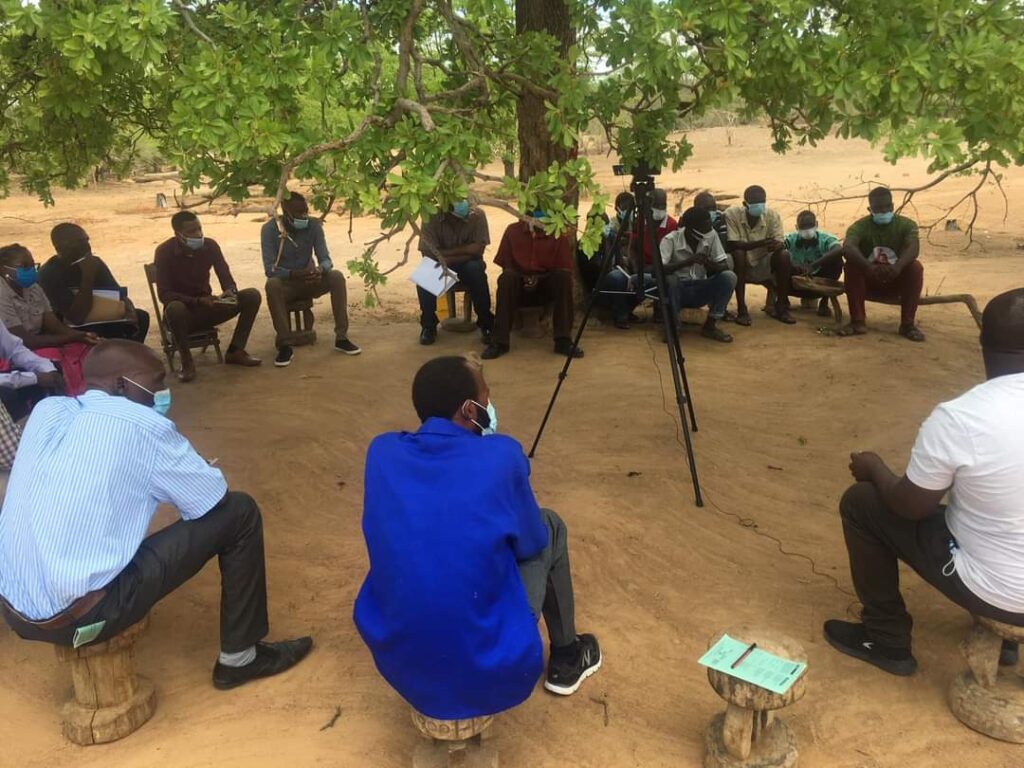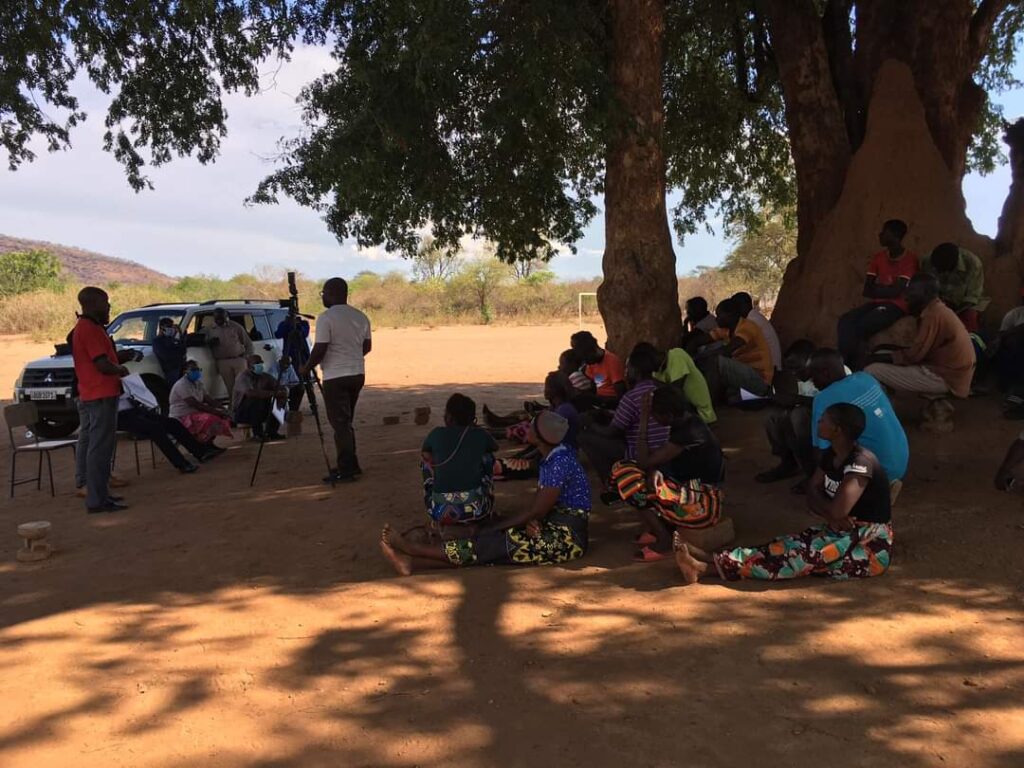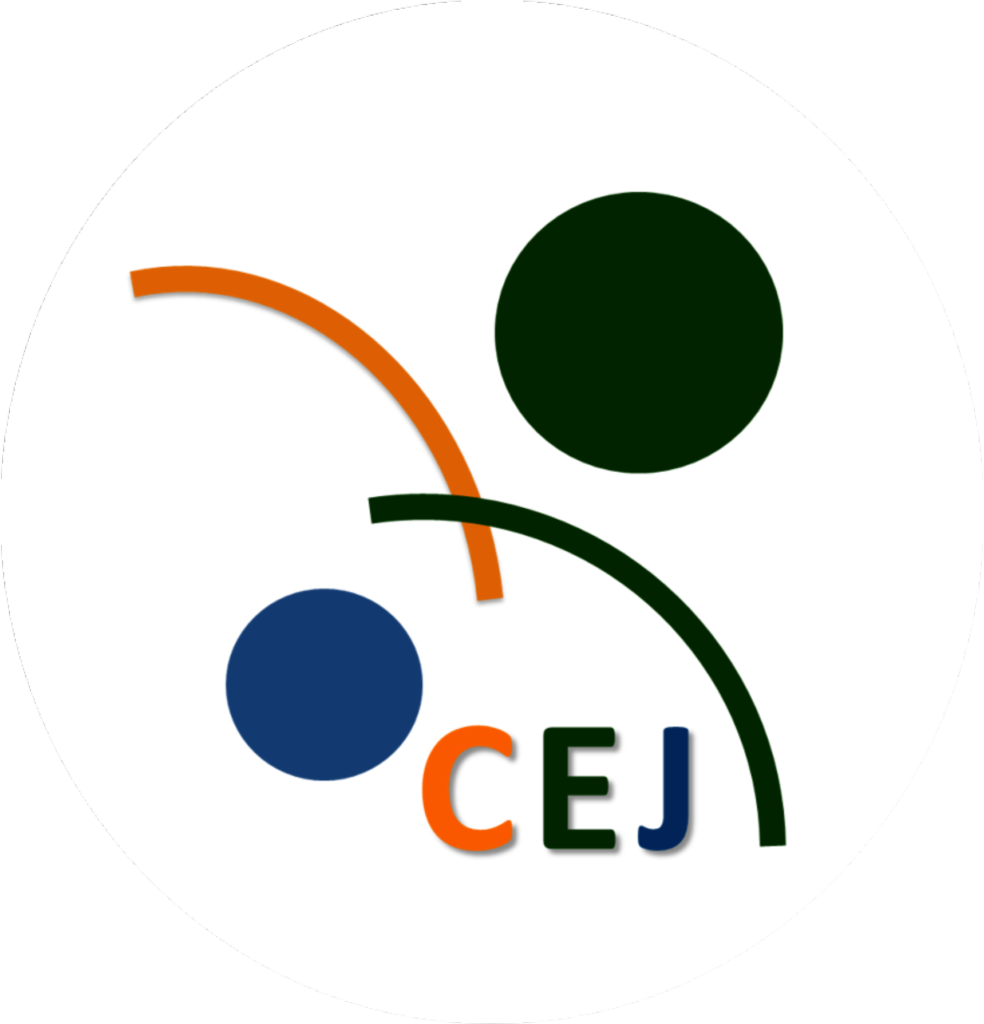Disability inclusion in Climate Action

Project Summary, Background & Partners
The Disability Inclusion Climate Action (DiCA) project is a five-year project being implemented by Centre for Environment Justice (CEJ) with support from World Wide Fund for Nature (WWF) and its alliance partners which include HIVOS, South South North, Akina Mama Wa Afrika and Slum Dwellers International. DiCA is part of the Amplifying Voices for Climate Action (AVJCA), a 5-year programme (2021-2025) supported by the Dutch government under the Power of Voices framework. The programme aims to scale up Zambia Climate Action. This action recognises that climate change is not only an environmental problem but also a societal challenge that brings in ethical and human rights issues.
The DiCA Project is a Civil Society climate action meant to amplify grassroot voices for the socially excluded, particularly people living with disability, women and youth. The project will be led by the Centre for Environment Justice (CEJ) and be implemented in Chirundu. The main goal of the project is ꞌꞌbuilding climate resilient communities and improved livelihoods for the disabled in sustainable water and food systems innovations. ꞌꞌ
The approach is a combination of adaptation, resilience and recovery enhancing initiatives. The strategies will include;
1. Capacity and movement building for people with disabilities through community mobilization and campaigns to promote knowledge transfer on climate action for energy and food systems,
2. Voices of communities’ story telling on climate action for the socially disabled,
3. Lobby and advocacy for sustained policy dialogues tailored towards disability climate action, energy and food systems, and
4. Promoting community innovations and interventions for the disabled such as recycling, organic seeds preservation, production of crops and livestock and conservation initiatives meant to improve livelihoods. Further, covid19 information sharing and support will be mainstreamed in all the planned activities during implementation.
The rights of persons with disabilities have received limited attention in the context of the UNFCCC. In the Cancun Agreement, adopted at COP16 in 2010. Parties identified persons with disabilities as one of the segments of the population whose human rights are accurately affected by the impacts of climate change. In the Paris Agreement, the Parties further acknowledged that they should, ‘’ when taking action to address climate change, respect, promote and consider their respective obligations on humans with disabilities. In a number of decisions and reports, UNFCCC bodies have also affirmed that the importance of taking into account the needs of persons with disabilities and ensuring their engagement in relation to capacity building, education, awareness, adaptation, and action for climate empowerment.
Rationale
Climate Change is having the largest impact on the world’s poorest and most vulnerable people. Due to discrimination, marginalization and certain social and economic factors, individuals with disabilities are more likely to experience greater effects of climate change differently and more intensely than others. Impacts will include threats to their health, food security, water, sanitation and livelihoods. In addition, people with disabilities experience poverty more than twice the rate of people without disabilities.
Situation Analysis
Climate change concerns and increased energy demand have put many nations under pressure to review their energy portfolio in the quest for reliable and cleaner sources of energy. Zambia has a prevalent use of biomass energy for domestic use (wood fuels) in the order of 70% of total national energy consumption, putting a strong pressure on forestry resources; very low electrification rate (only about 31.2% of the population is connected to the grid).
There is extensive evidence that the importance of the energy efficiency of housing stock for the disabled is a crucial factor that has led to fuel poverty. Research has also shown that disabled people and families with disabled children are more likely to live in poor housing and with less food. A warm and dry home is very important for many disabled adults and children. The consequences of cold housing are numerous and include increased risk to arthritis and respiratory systems.
Problem Statement
Low disability inclusion in local climate action planning and activity implementation has resulted to low knowledge and multi actor participation. Despite wide recognition of the vulnerabilities of the people with disabilities to climate change, disability perspectives and needs remain largely excluded from climate adaptation and mitigation efforts. Furthermore, Covid 19 pandemic has exacerbate climate change impacts, due to its socio-economic reinforcing effects that may result in significant backsliding against important gains such as the achievement of the Sustainable Development Goals (SDGs) 2030.
Solution Statement
Effective and Inclusive grassroot climate action is essential to protecting the socially excluded who are most dangerously affected by climate change. Furthermore, to be able to address the negative impacts of climate change on the disabled by improving energy and food access.
VCA - DiCA Mult-stakeholder Consultative Meeting
CEJ held a Mult-stakeholder Consultative meeting in Chirundu under the Voices for Just Climate Action supported by the WWF Zambia.
The Meeting was officially opened by the Acting District Commissioner Mr. Chiiya. In attendance was Chief Chipepo, Chirundu Counsel Secretary, District Agriculture Officer, District Planning Officer, District Forestry Officer, District Social Welfare Officer, District Fisheries & Livestock, House of Ruth Foundation, Zambia National Association of the Blind, Community members from Musaya, N’gombe Ilende, Sikoongo & Njame wards respectively. Greatful to our sign language interpreter.
Critical issues/challenges identified for possible intervention:
1. Deforestation
2. Water Scarcity
3. Ground water contamination
4. Unsustainable charcoal production
5. Lack of sufficient foods at household level for the disabled
6. Agriculture seed system support for small scale farmers .
The Project Initiative is under the WWF ZCO Amplifying Voices for Just Climate Action (AVJCA) which is a 5-year programme (2021-2025) supported by the Dutch government under the power of voices framework. The DiCA project is aimed at amplifying the voice of people with disability in the climate action agenda and seeks for locally-sharped novel solutions to climate change challenges especially those affecting people living with disabilities (PWDs), thereby, leaving no one behind.



Project Launch in Targeted Wards
The Centre for Environment Justice has launched a Disability Inclusion Climate Action (DiCA) Project in Chirundu district with support from WWF Zambia. This project is an initiative under the Amplifying Voices for Just Climate Action (AVJCA) which is a 5-year programme (2021-2025) supported by the Dutch government under the Power of Voices framework. The DiCA project is aimed at amplifying the voice of people with disability in the climate action agenda and seeks for locally-sharped novel solutions to climate change challenges especially those affecting people living with disabilities (PWDs), thereby, leaving no one behind.
CEJ team led by the Executive Director Ms. Maggie M. Mwape, Head of Research Mr. Freeman C. Mubanga & Head of Programms Mr. Ricky Kalaluka are in the district launching the project in the targeted wards namely: Musaya, Sikoongo, I’ngombe Ilende & Njame wards respectively. This will be followed up with a Multi Stakeholder consultative meeting which will include Traditional Leaders, Community members, CSOs, Youth & Women groups, Disability Associations and the media.
During the Community engagement & mobilisation, CEJ was accompanied by the Chirundu District Administration Officer, District Planning Officer, District Agriculture Officer, District Community Development Officer, District Forestry Officer and Office of the President. Also our partner WWF ZCO staff – Mr. Diilwe Syamuntu and Mr. Bowen Banda.
To date, the rights of persons with disabilities have received limited attention in the context of the UNFCCC. In the Cancun Agreements, adopted at COP16 in 2010, Parties identified persons with disabilities as one of the segments of the population whose human rights are acutely affected by the impacts of climate change.
Climate Change affects everyone, we all have a role to play. The climate crisis will increase the frequency of fires and extreme weather conditions such as droughts, excessive heat, storms, and floods, amongst other societal concerns.
Training on Community Development Fund (CDF) in Chirundu District.
Story telling of climatic challenges being faced by people living with disability in Chirundu District, Southern Province.
CEJ’s mission in to address water access challenges in rural communities through the documentary series “CLEAN WATER4ALL”
